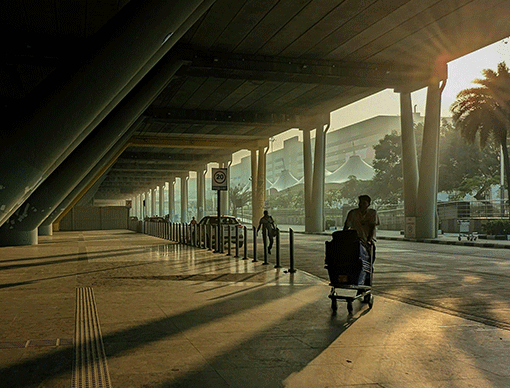7 gaps between AI proof vs. promise
- Published:
- January 2022
- Analyst:
- Phocuswright Research
There is no single technology that has more promise for true digital transformation of the travel industry than artificial intelligence (AI). Unfortunately, AI is also one of the most over-hyped emerging technologies. Though AI is solving real-world travel industry challenges, many of the predictions about the impact that AI will have on travel have been unrealistic and overblown according to Phocuswright’s latest travel research report AI: What's Real and What’s Not. What separates the reality from the hype? The answer lies in the specific types of AI being implemented in travel, and how general AI trends influence these efforts.
Here are 7 major gaps between AI proof versus promises in a travel context:
- Thinking robots will replace humans rather than augment human abilities.
- Assuming employees, customers and regulators will automatically understand the benefits of AI.
- Limiting AI to only incremental improvements rather than exploring its transformative potential.
- Striving for the shiniest algorithm rather than planning for impact.
- Implementing without a clear value proposition.
- Jumping in without appraising the risks of irresponsible AI.
- Thinking "big data" means AI-ready.
AI: What's Real and What’s Not gives further analysis of each of these seven pitfalls in the travel industry. In addition, the report addresses the challenges and how travel companies can address them, with a look at an AI-driven future of bots acting on your behalf.
This full report is exclusive to Phocuswright Open Access subscribers. Subscribe to download it and the entire Phocuswright research library for you and your company. The subscription also gives you access to Phocuswright’s data visualization tool, which lets you cut and slice global travel market and segment data as you choose. Subscriber here.











